Epidemic Keratoconjunctivitis is a highly contagious eye infection that can cause redness, pain, and blurred vision. Understanding its causes and prevention is crucial to protect your eyes.
What are the main causes of epidemic keratoconjunctivitis?
- Adenovirus infection is the primary cause, spreading rapidly through direct contact with contaminated hands or surfaces.
- Poor hygiene, such as touching eyes with unwashed hands, increases the risk of contracting the infection.
- Shared personal items like towels or makeup can transfer the virus, making outbreaks common in schools and offices.
Key symptoms of epidemic keratoconjunctivitis to watch for
- Redness in the eyes often appears suddenly, accompanied by discomfort and a burning sensation.
- Watery or mucous discharge from the eyes may be persistent, increasing irritation and blurred vision.
- Swollen eyelids and sensitivity to light are common, sometimes causing difficulty in daily activities.
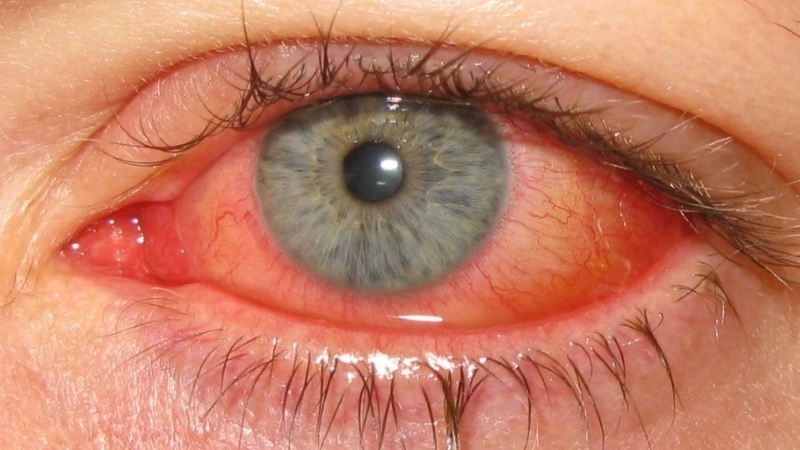
>>>Learn more: Understanding viral conjunctivitis (Pink Eye) symptoms
How can you prevent epidemic keratoconjunctivitis effectively?
- Wash hands frequently with soap and water, especially before touching your face or eyes.
- Avoid sharing personal items such as towels, pillowcases, or makeup with others to reduce viral spread.
- Disinfect surfaces regularly, particularly in communal spaces, to minimize contamination and infection risks.
>>>Learn more: Infectious congenital zika syndrome causes prevention tips
Image description of epidemic keratoconjunctivitis
Epidemic keratoconjunctivitis is a highly contagious eye infection caused by adenoviruses. It leads to redness, watery eyes, and light sensitivity, often spreading quickly in crowded environments.
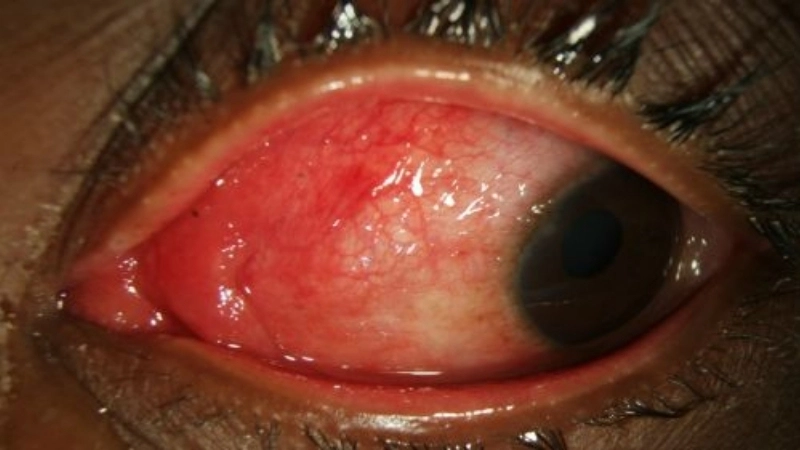
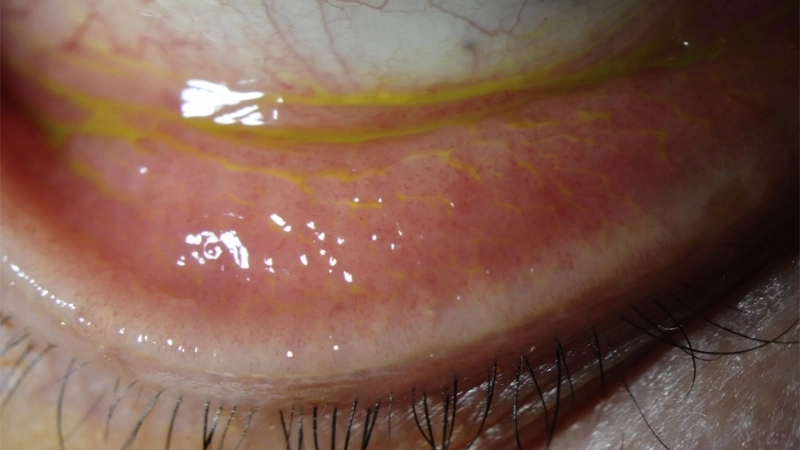
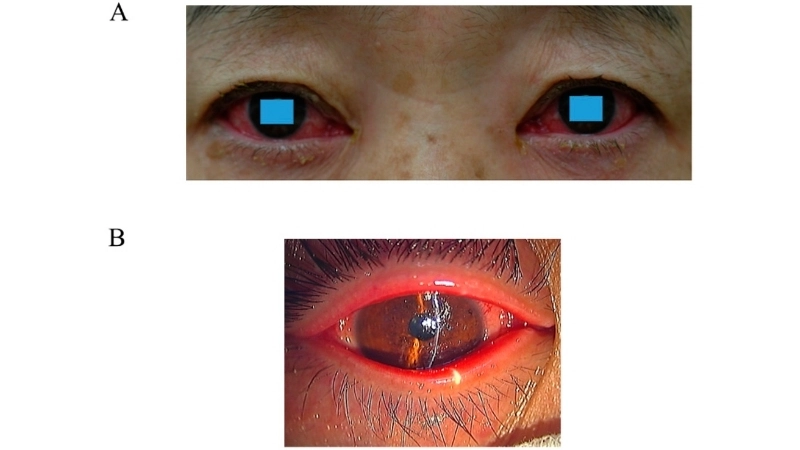

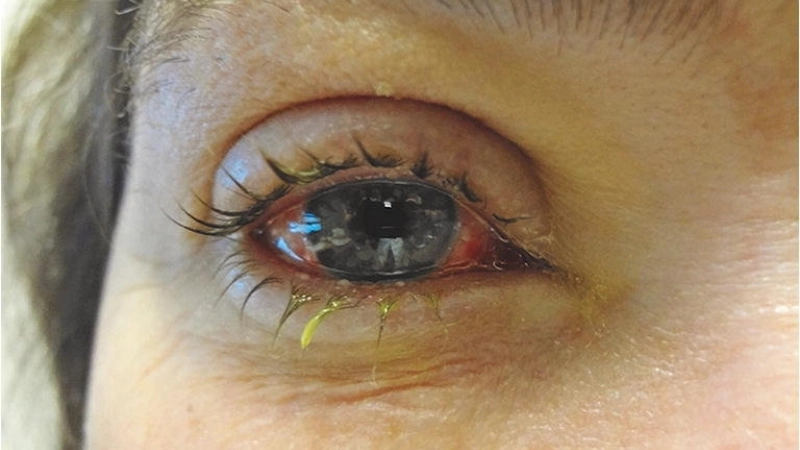
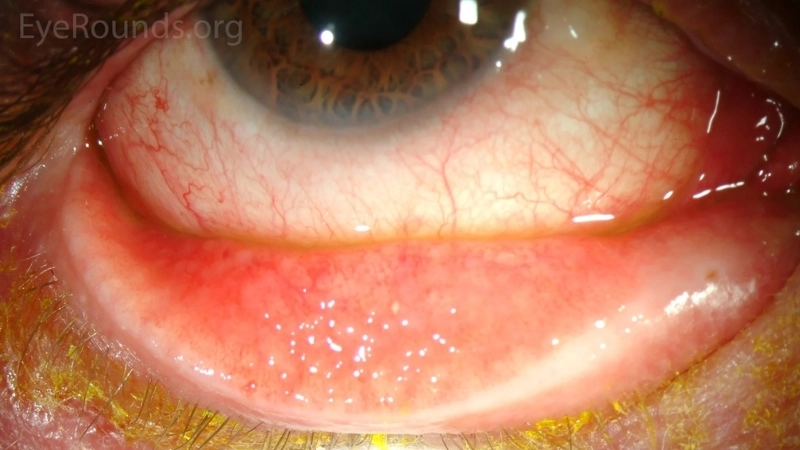
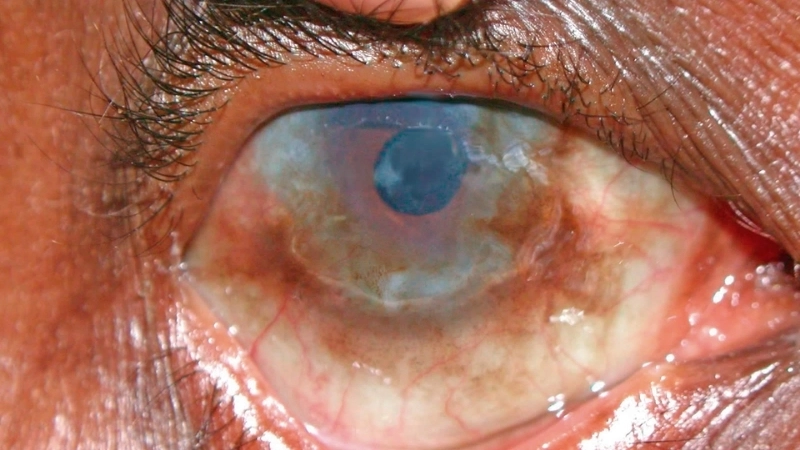
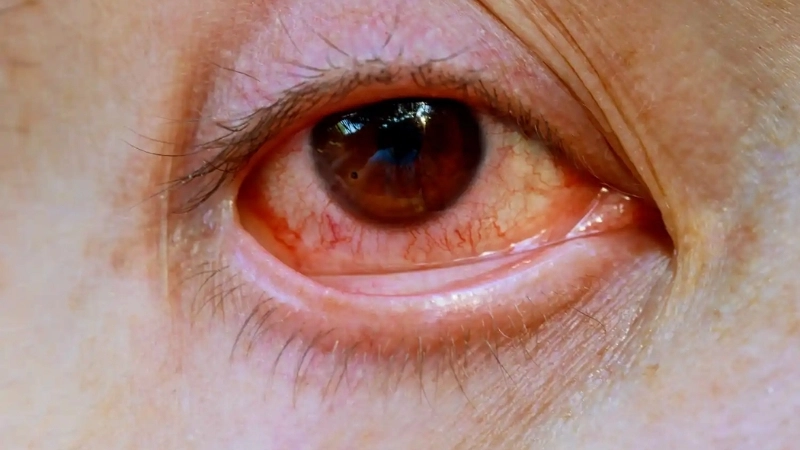
>>>Learn more: Understanding infectious congenital rubella syndrome today
Taking timely precautions and seeking proper care can limit the spread of Epidemic Keratoconjunctivitis. Stay informed about hygiene and early symptoms for better eye health.






